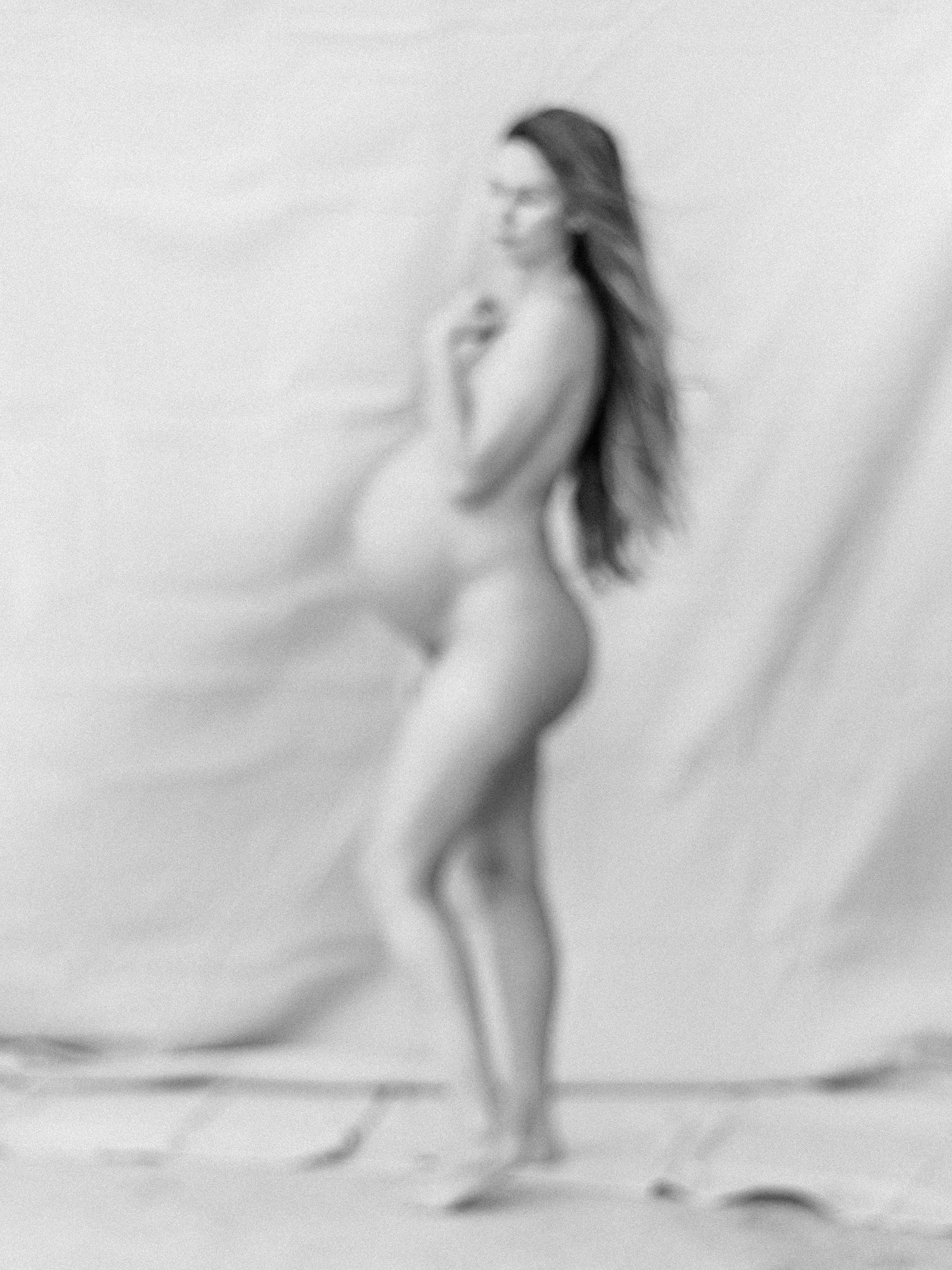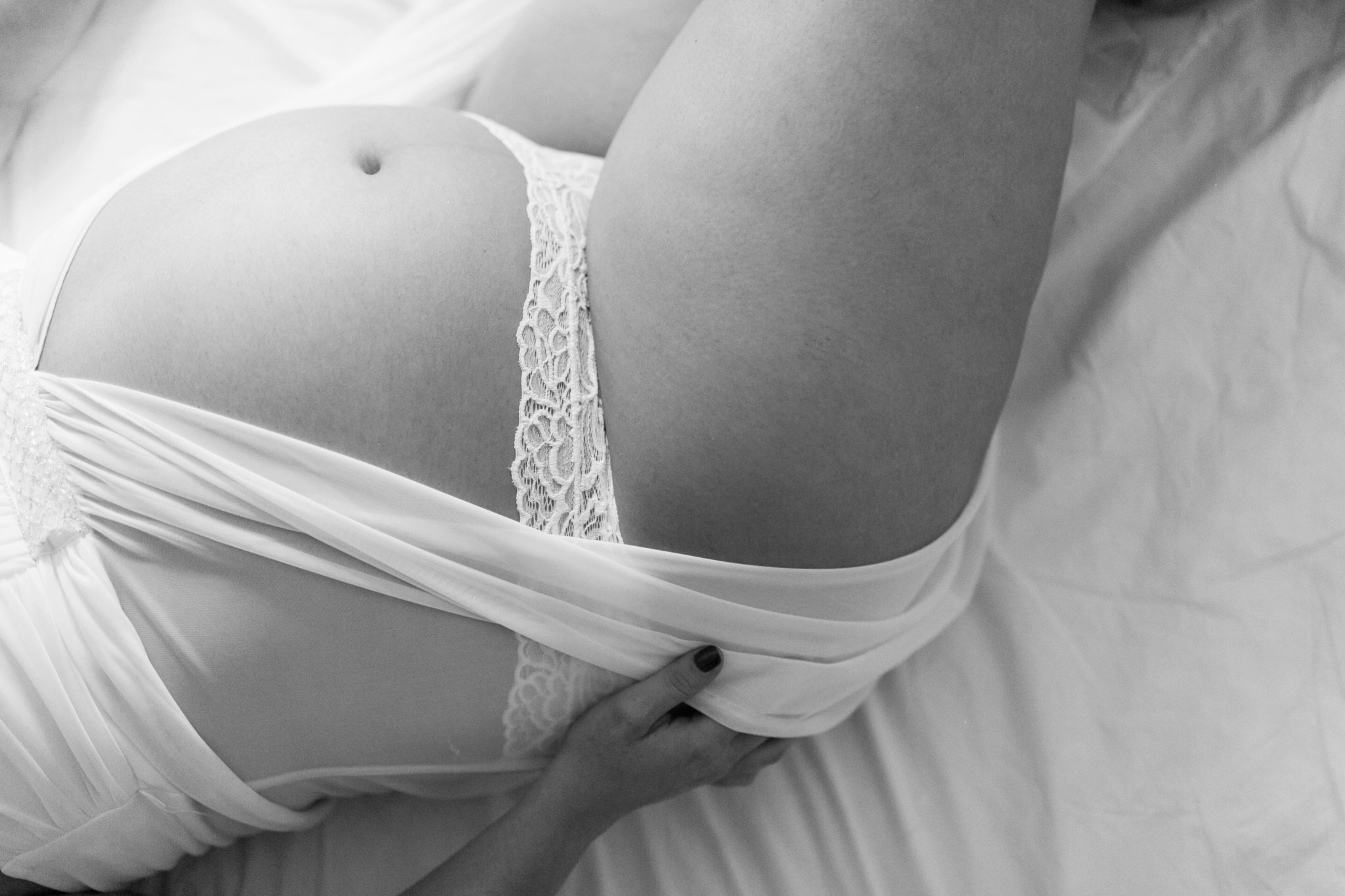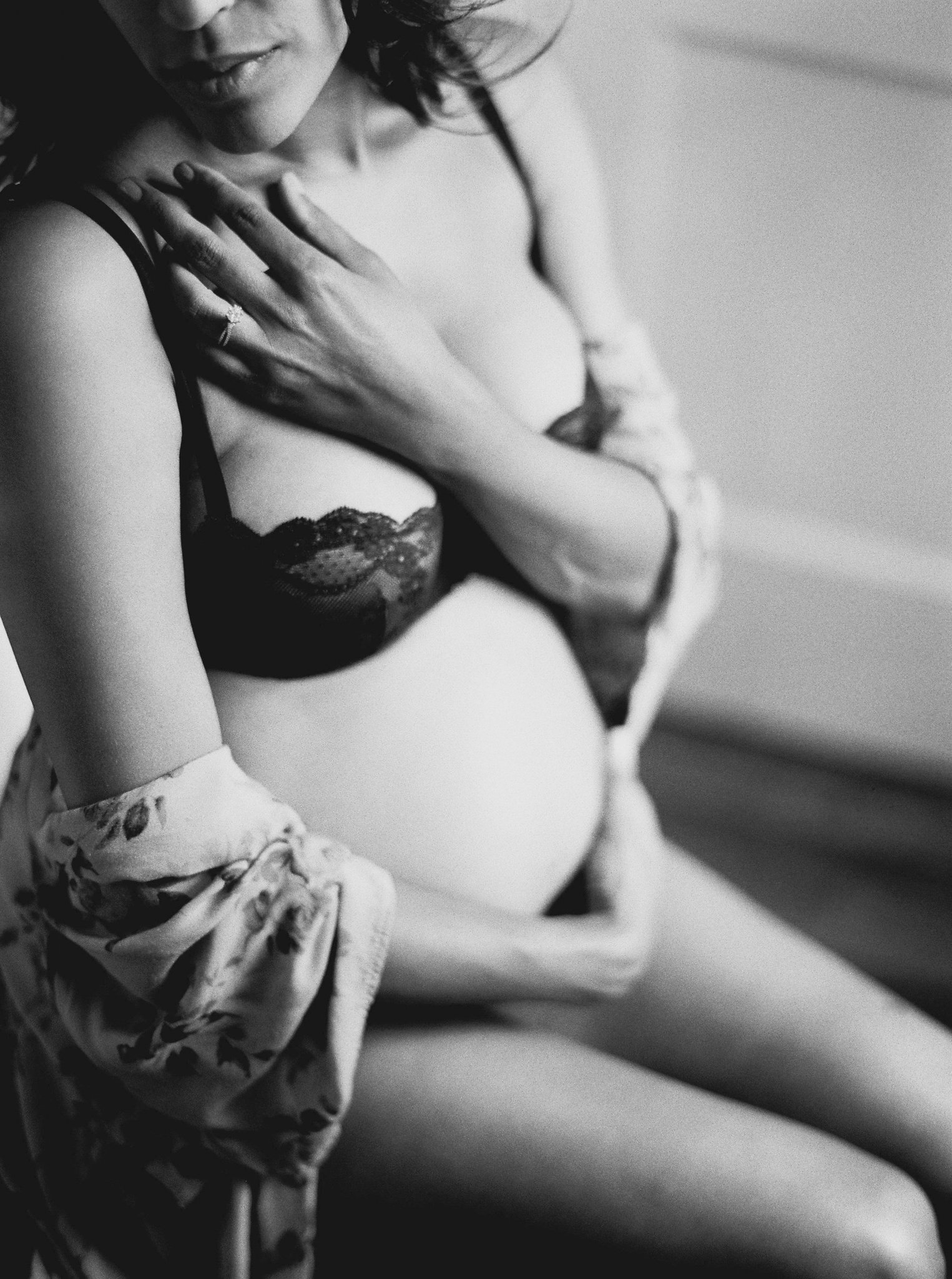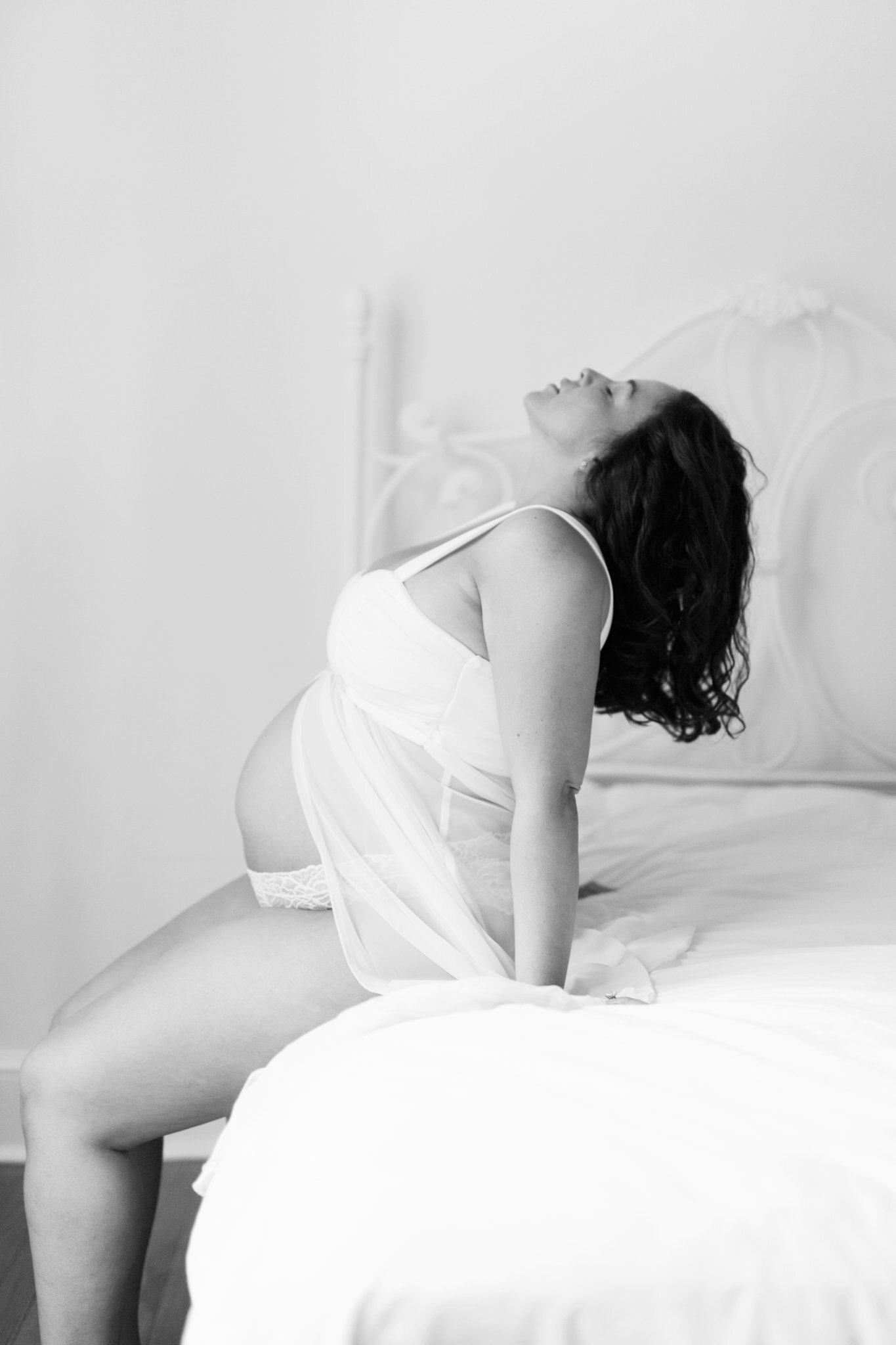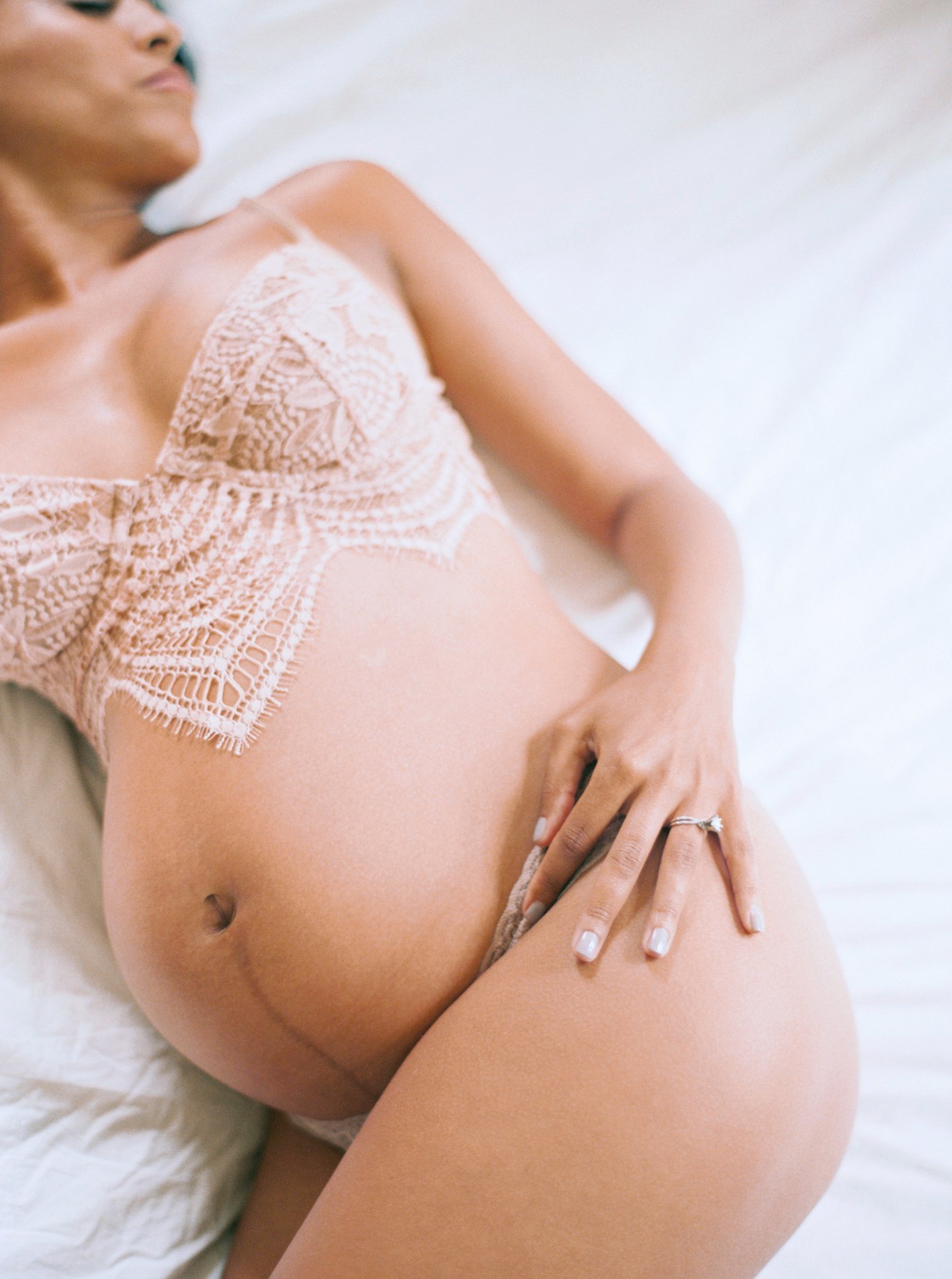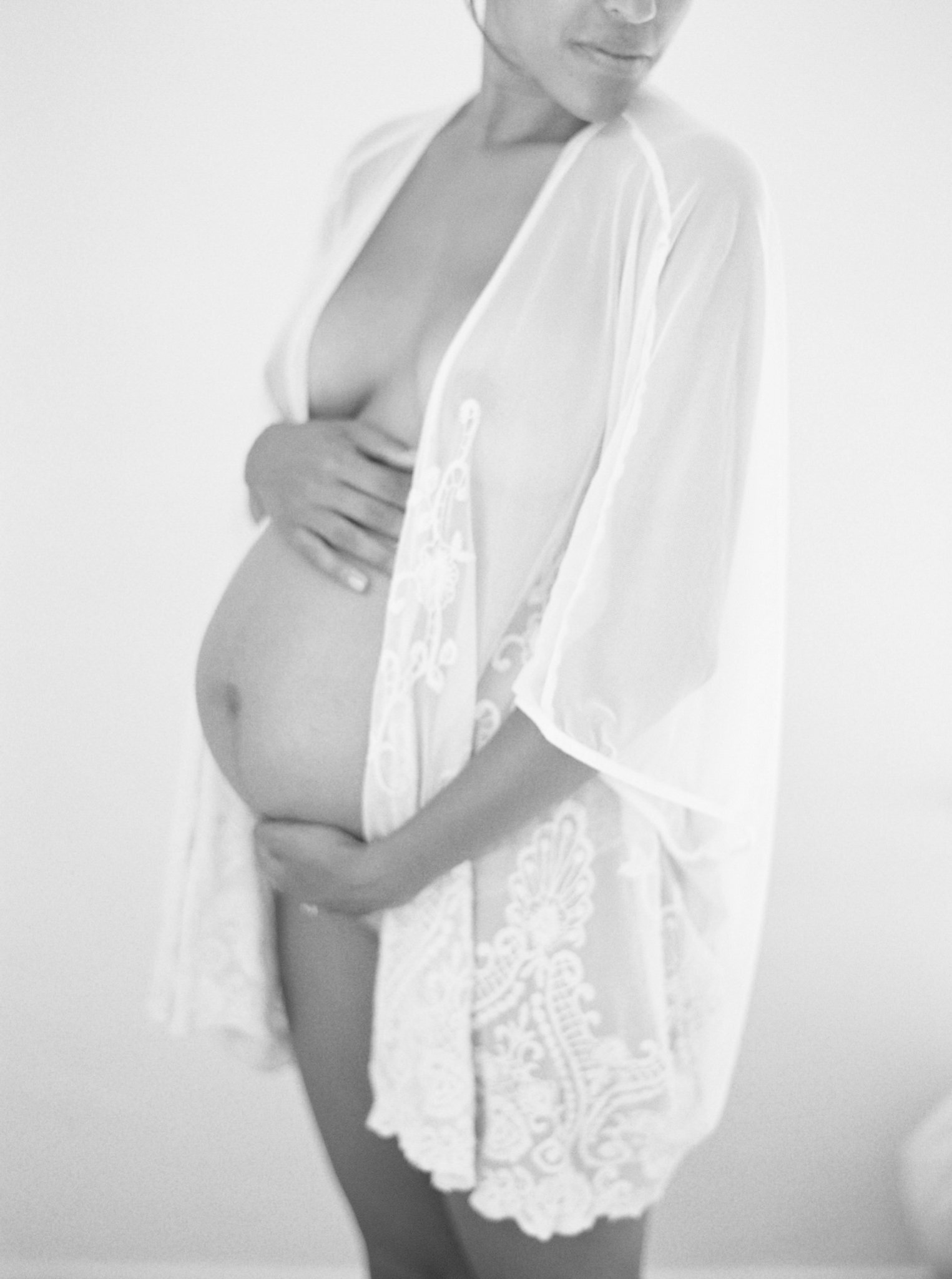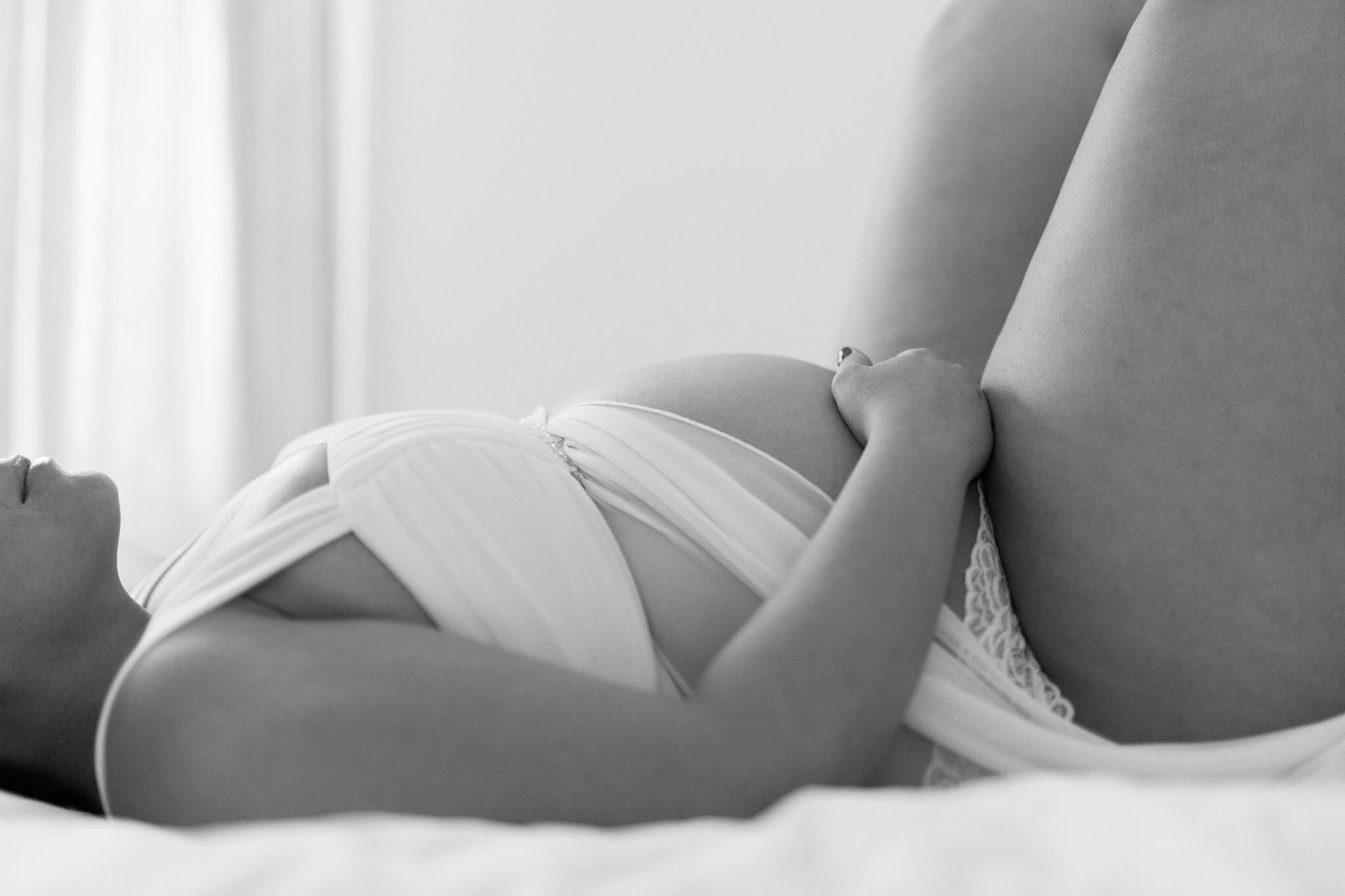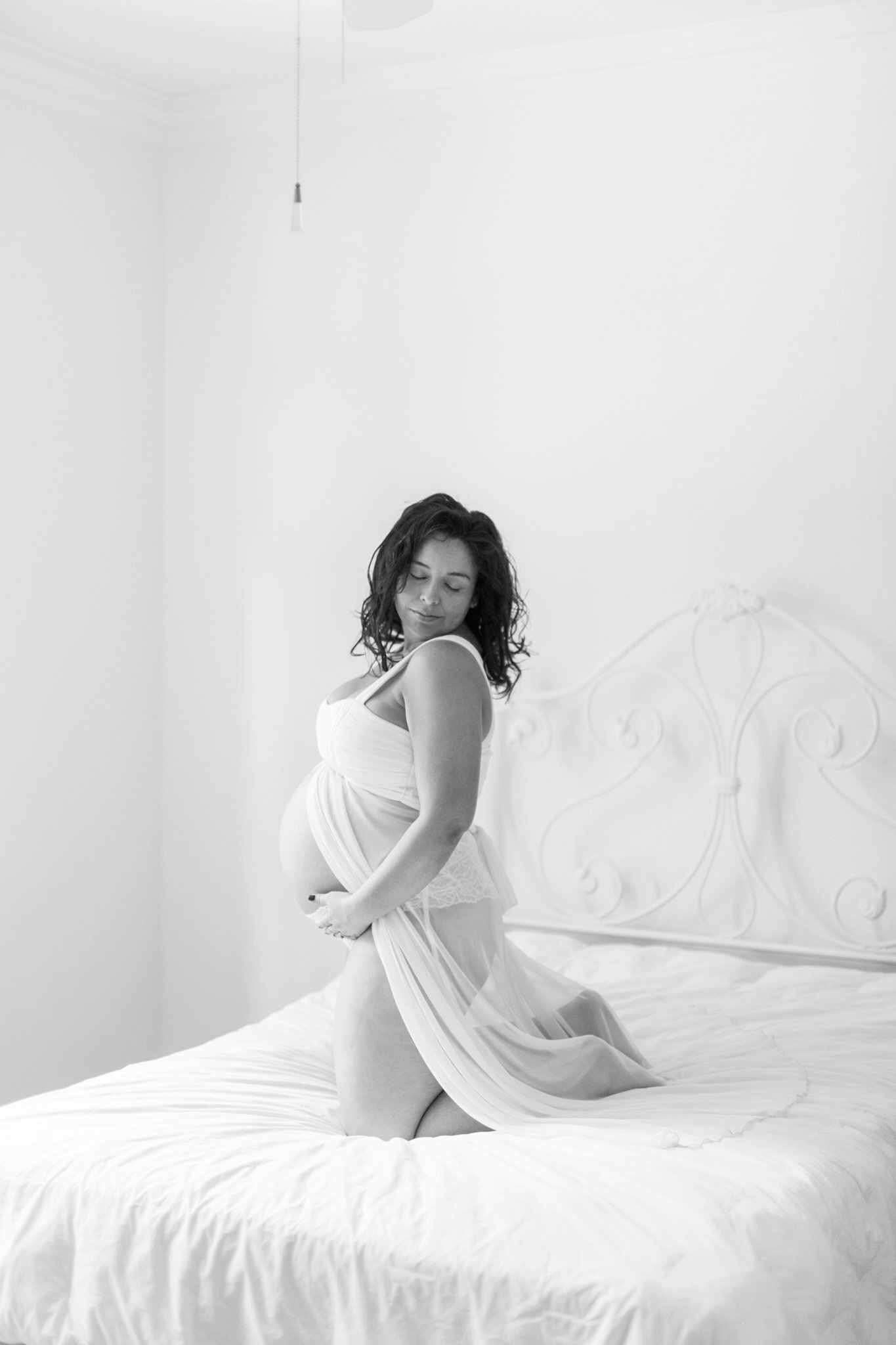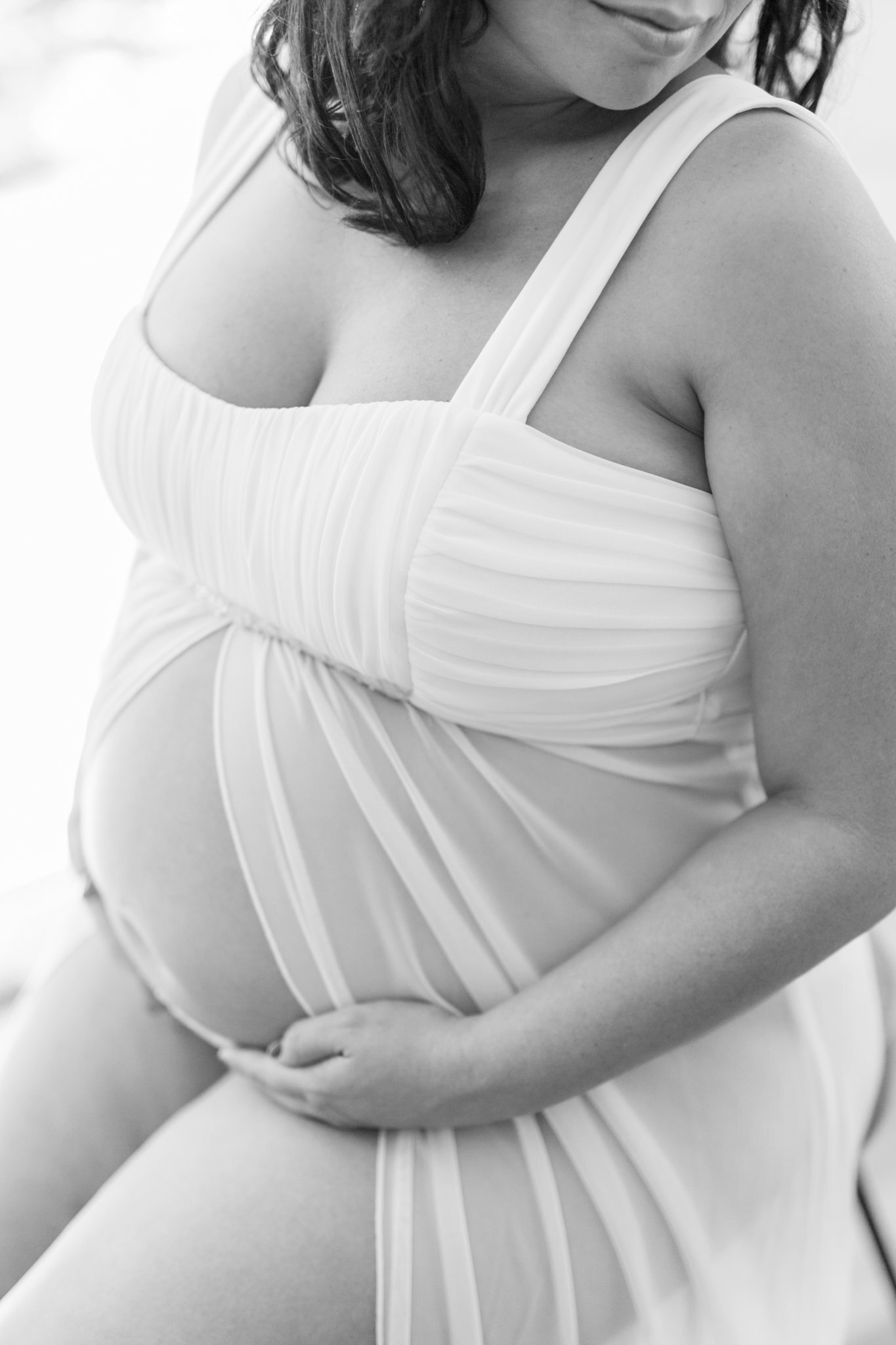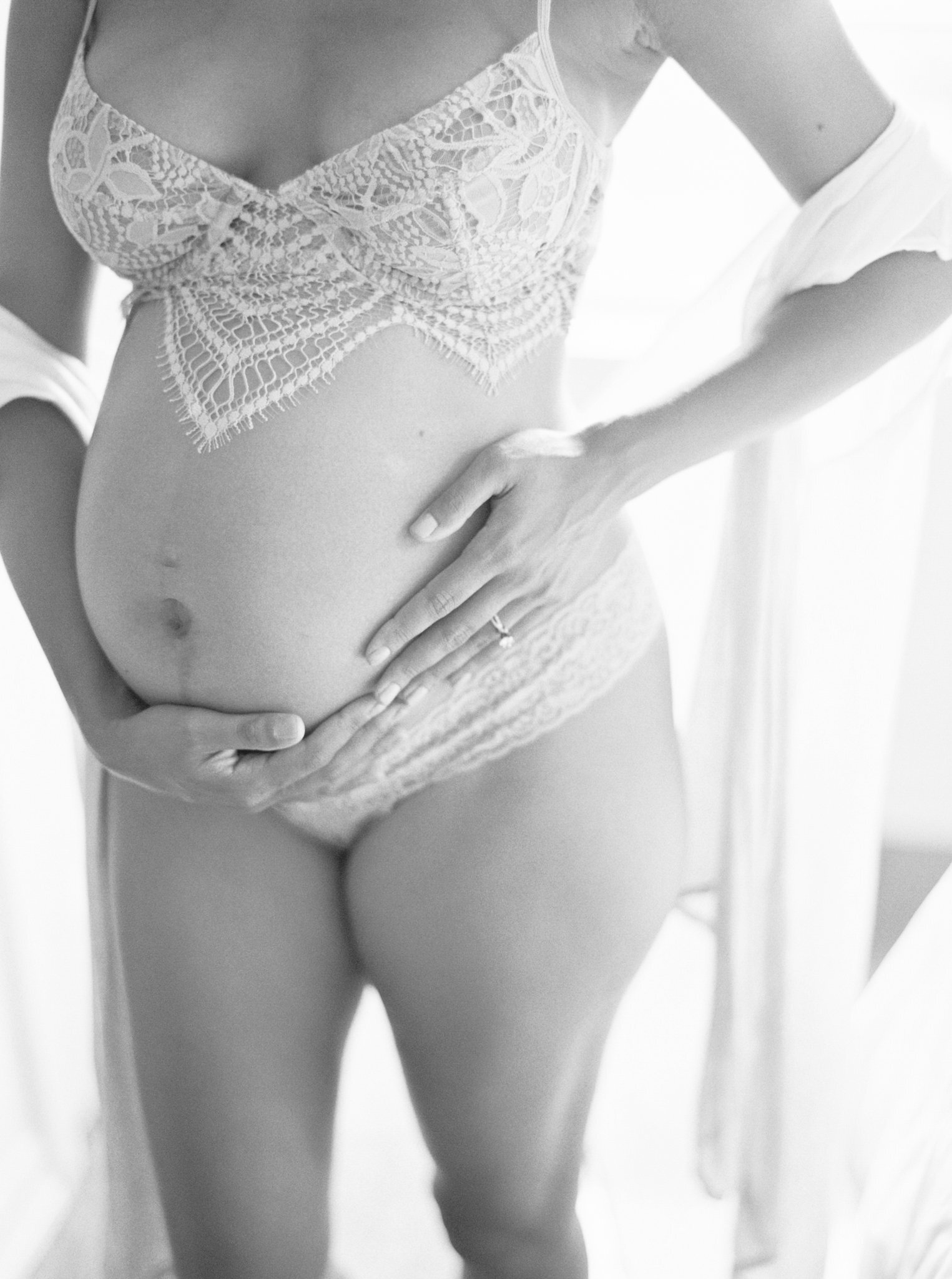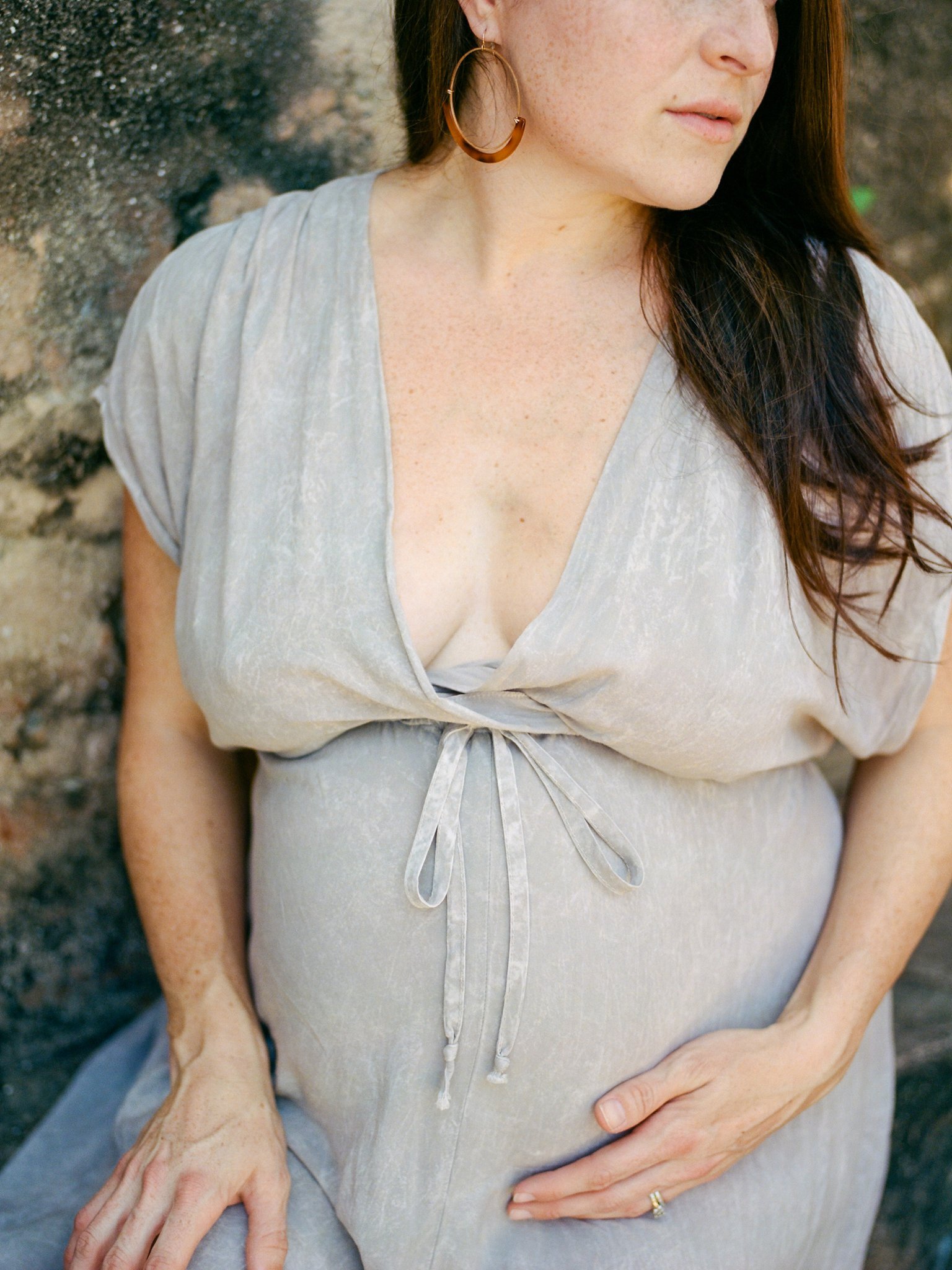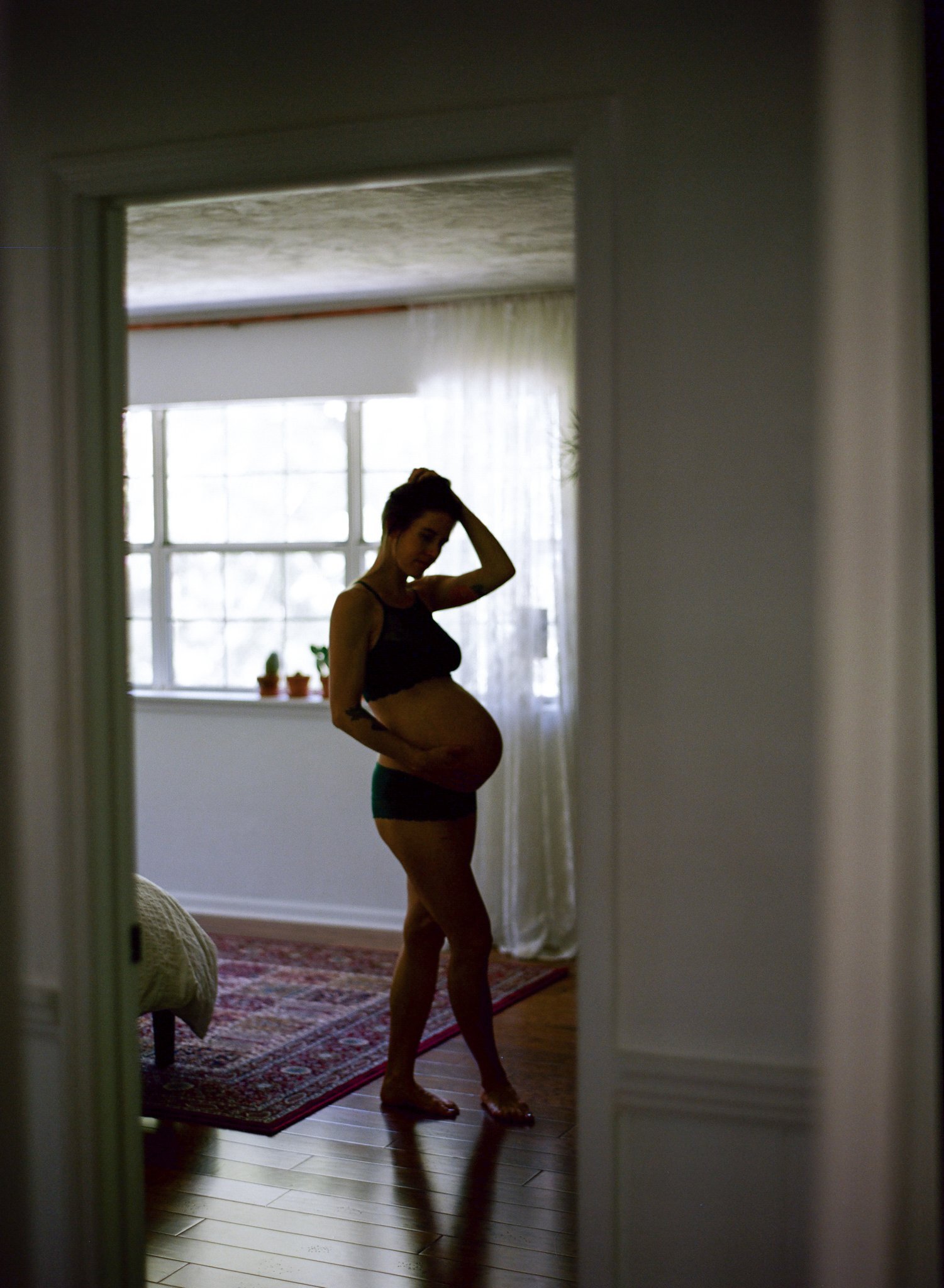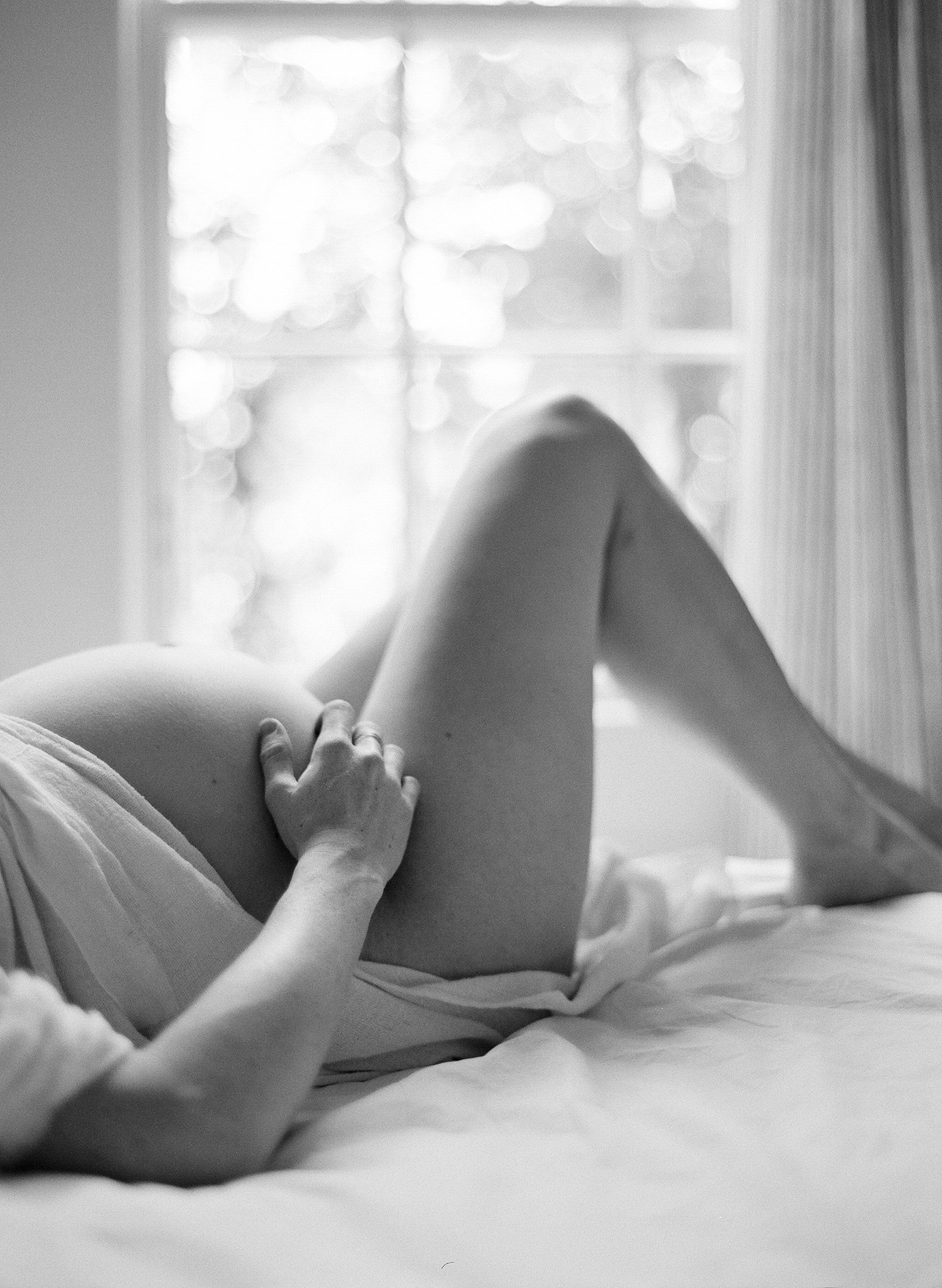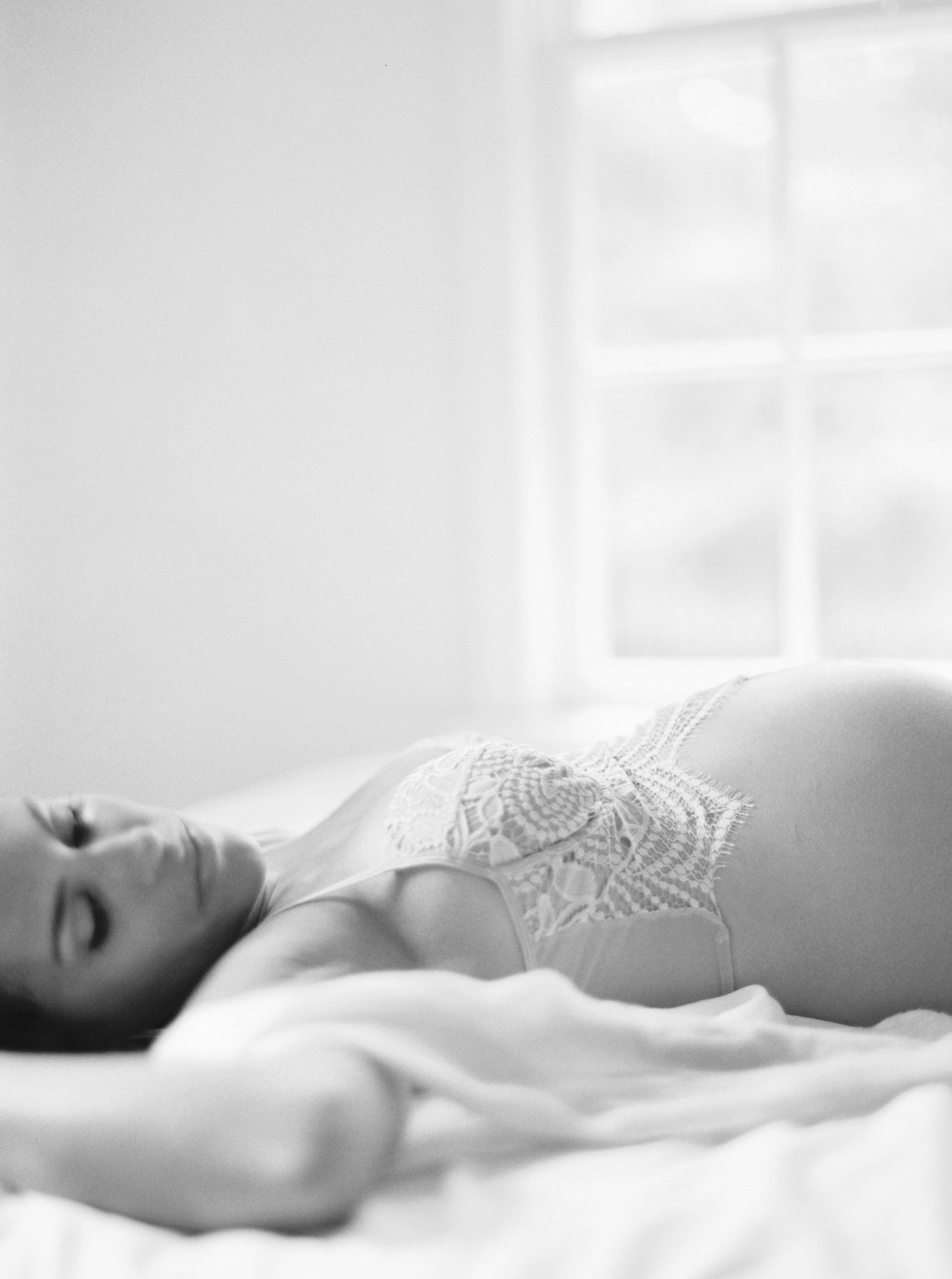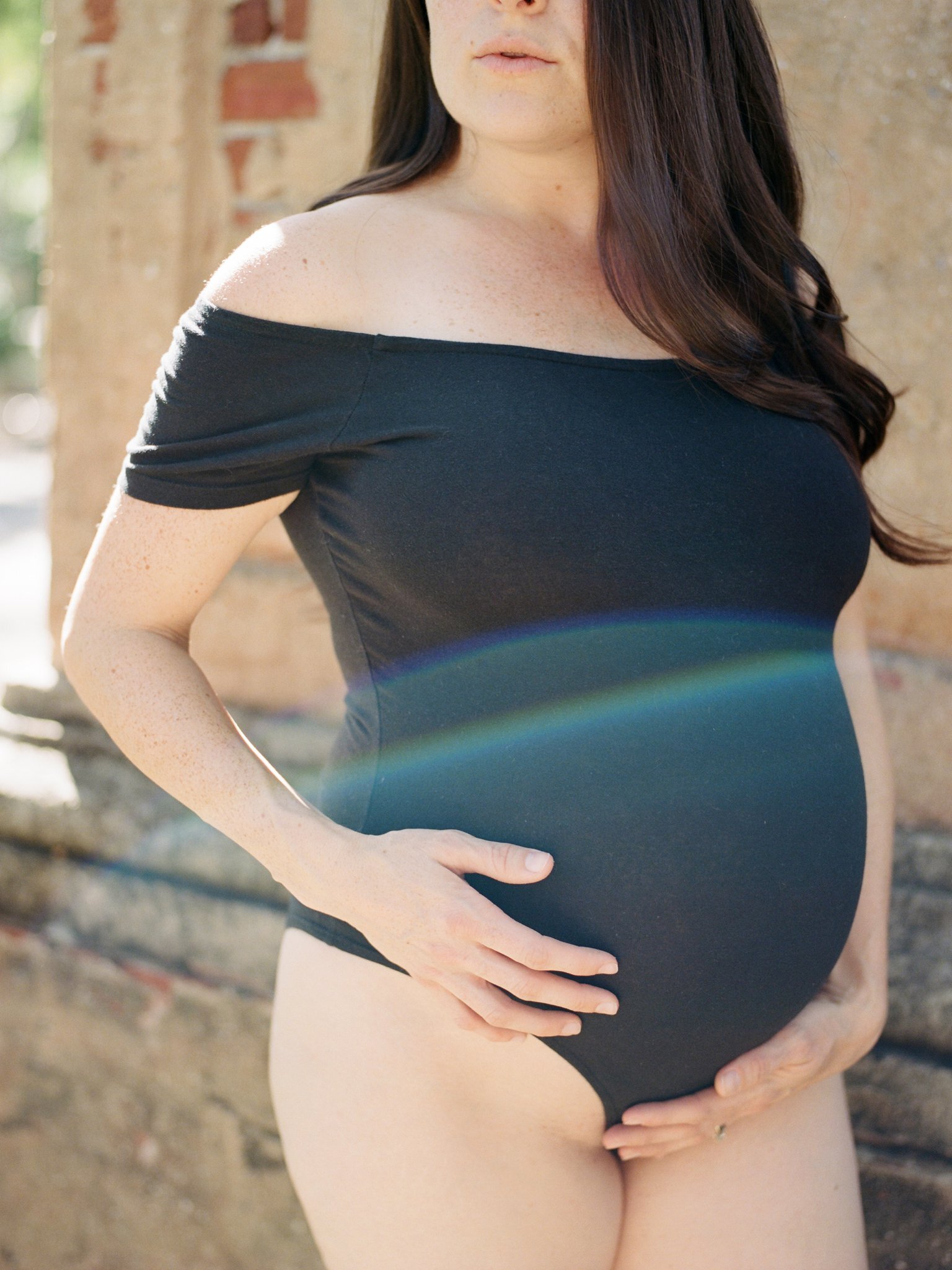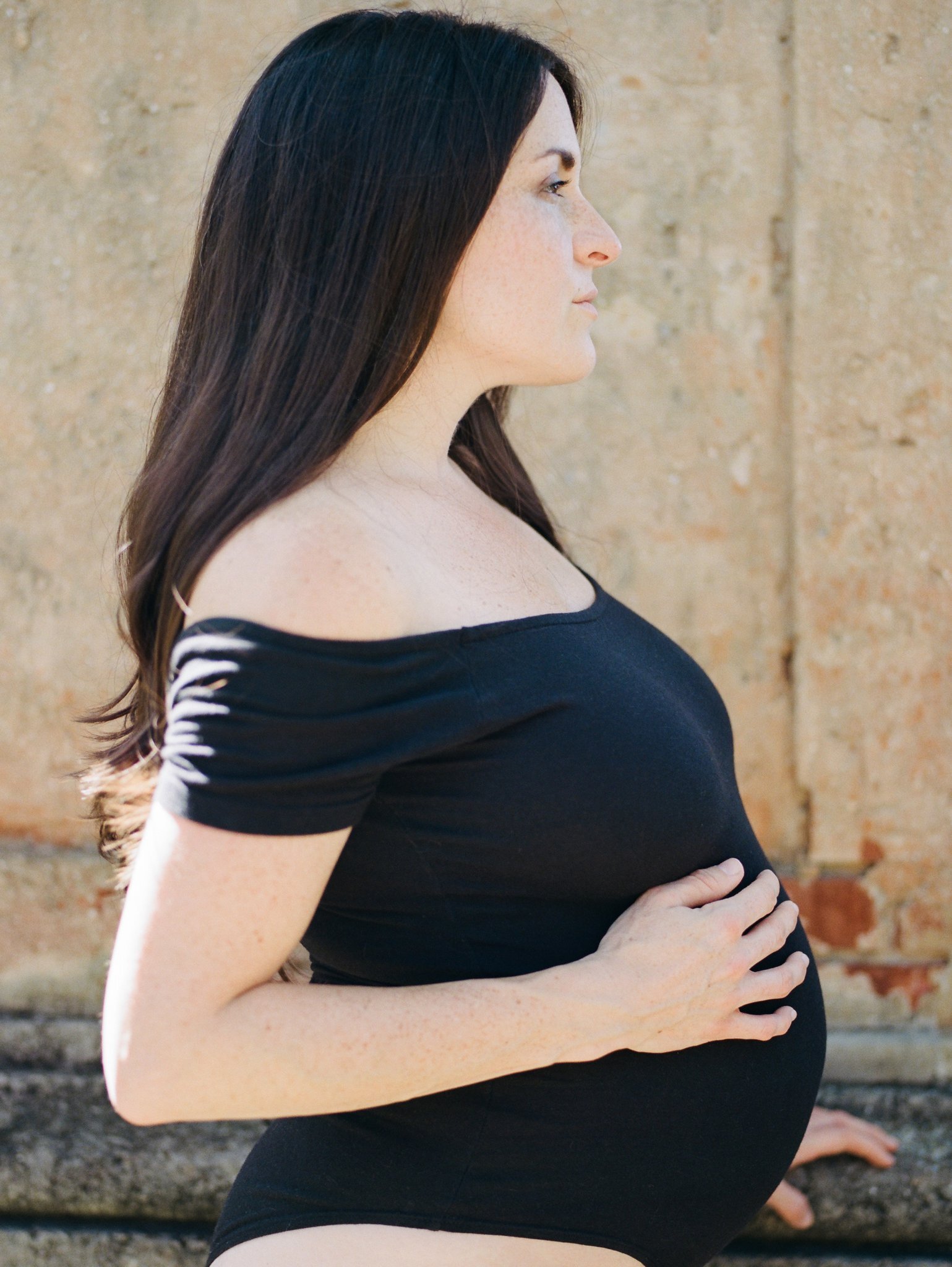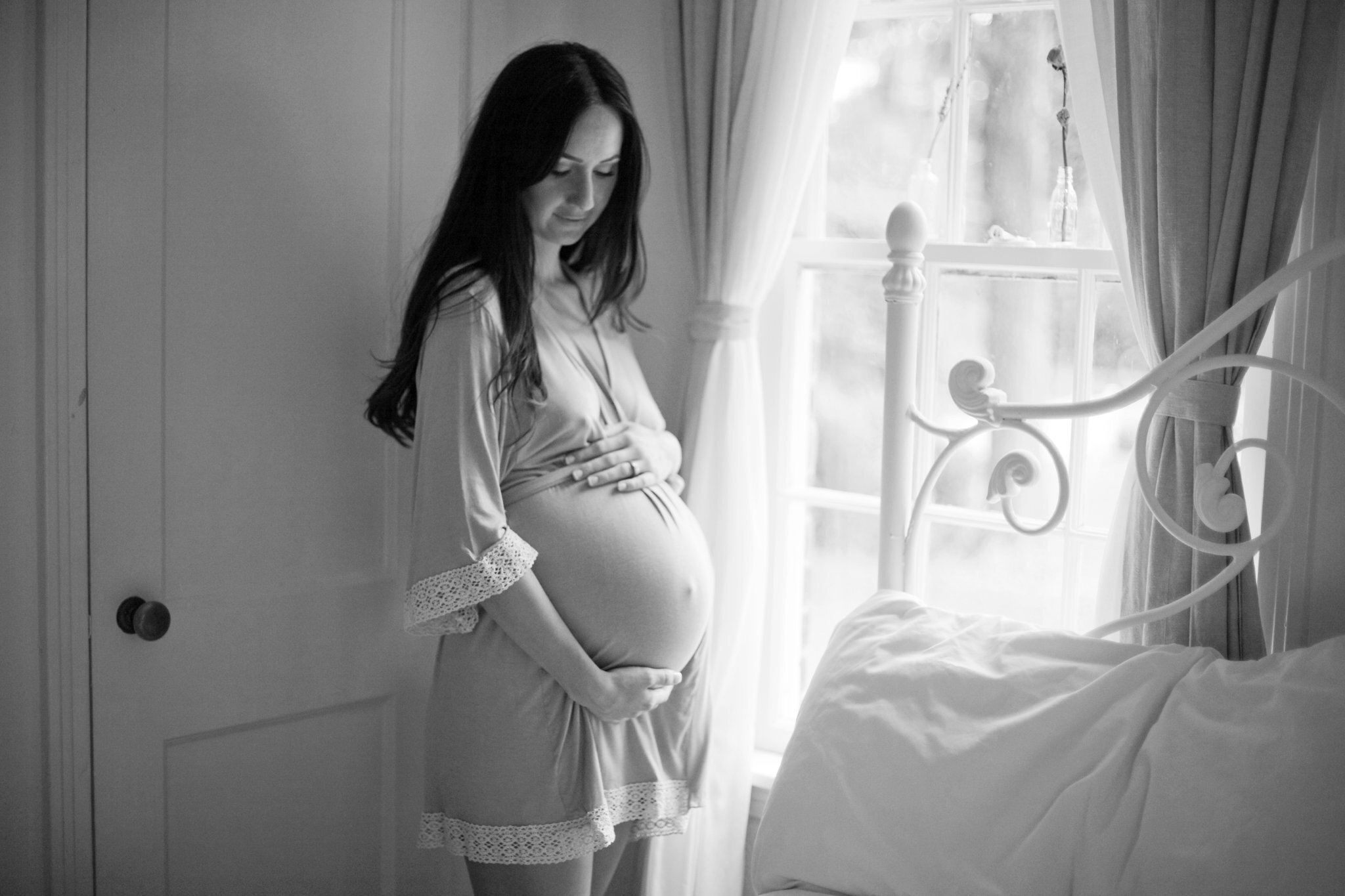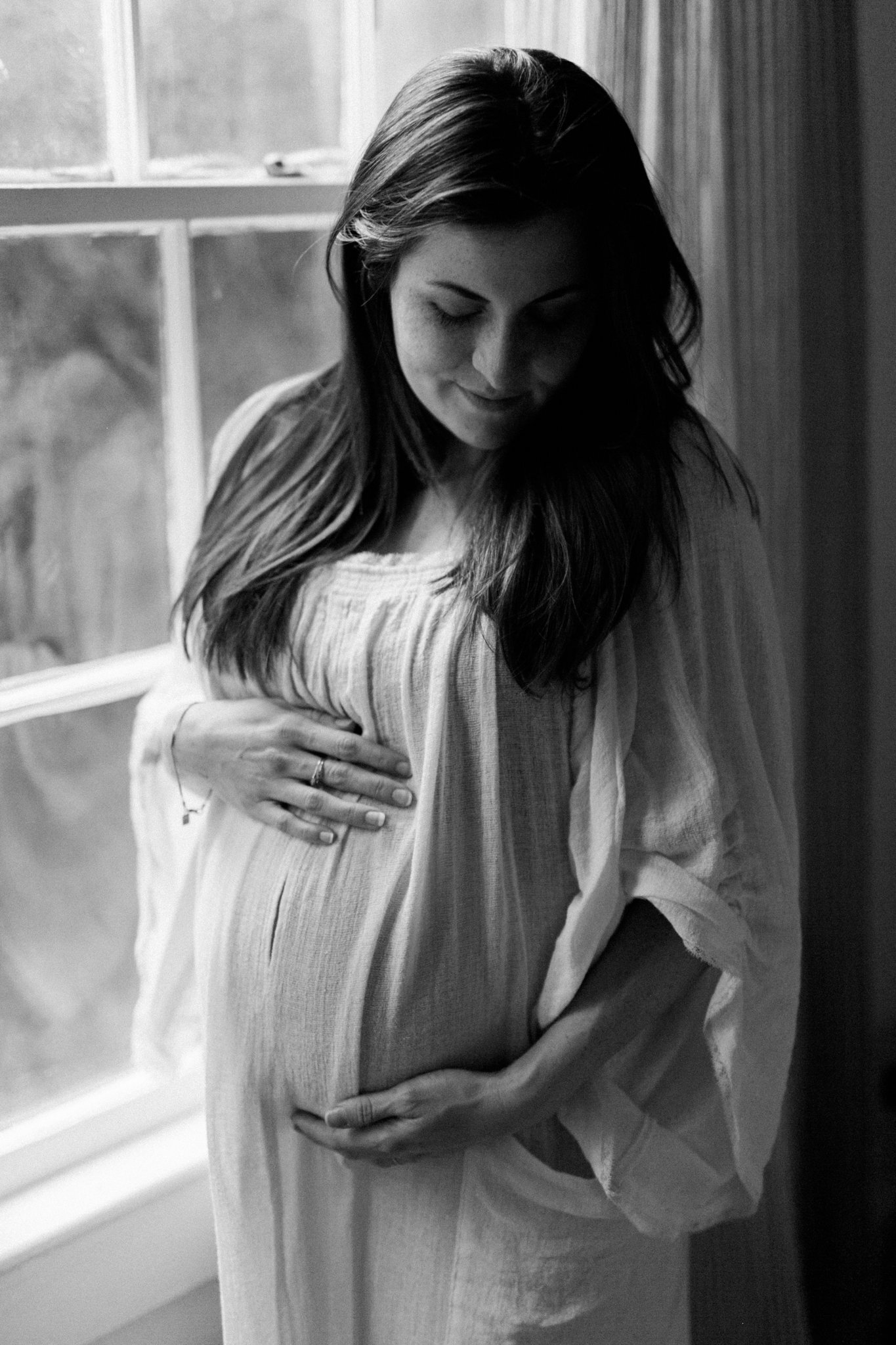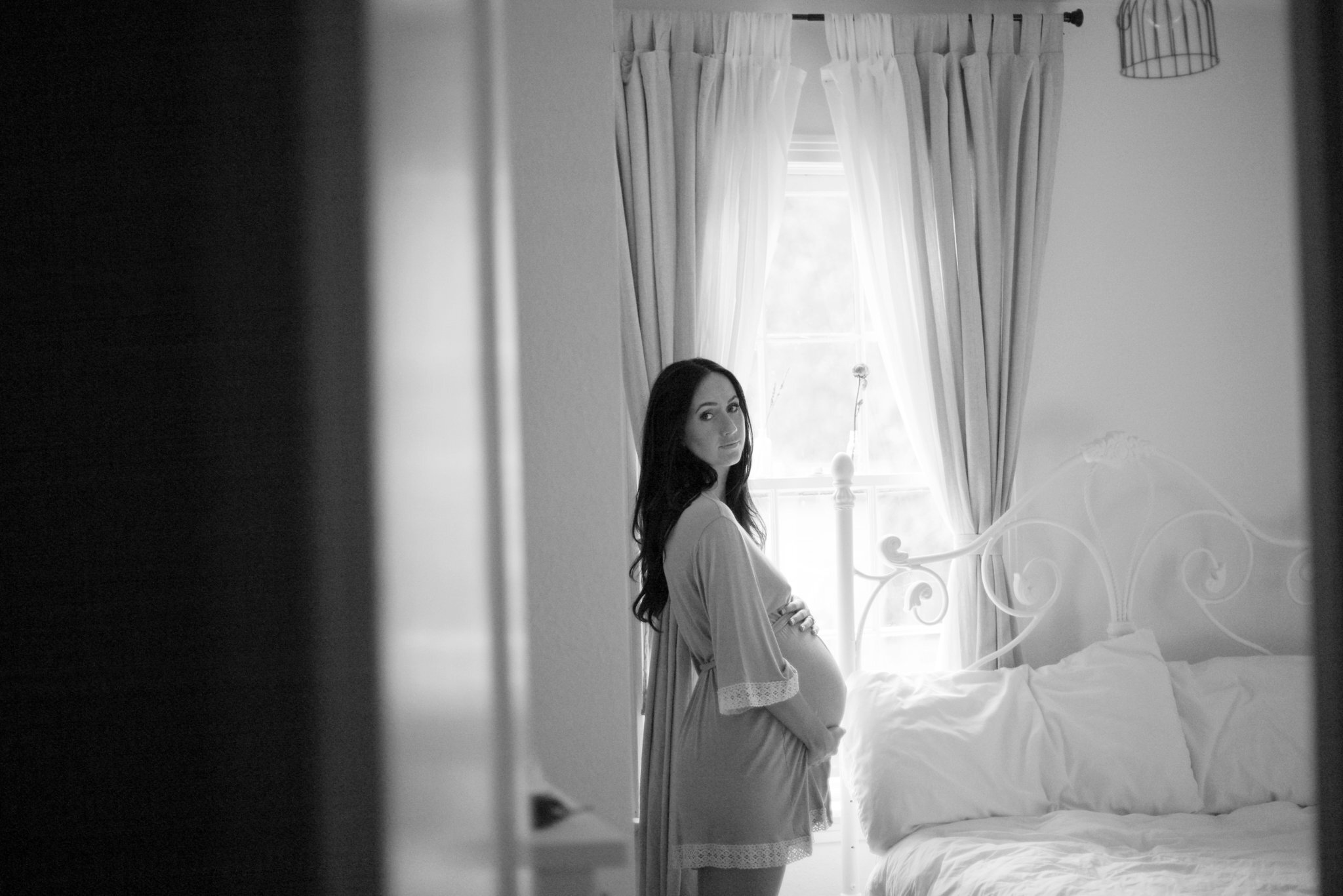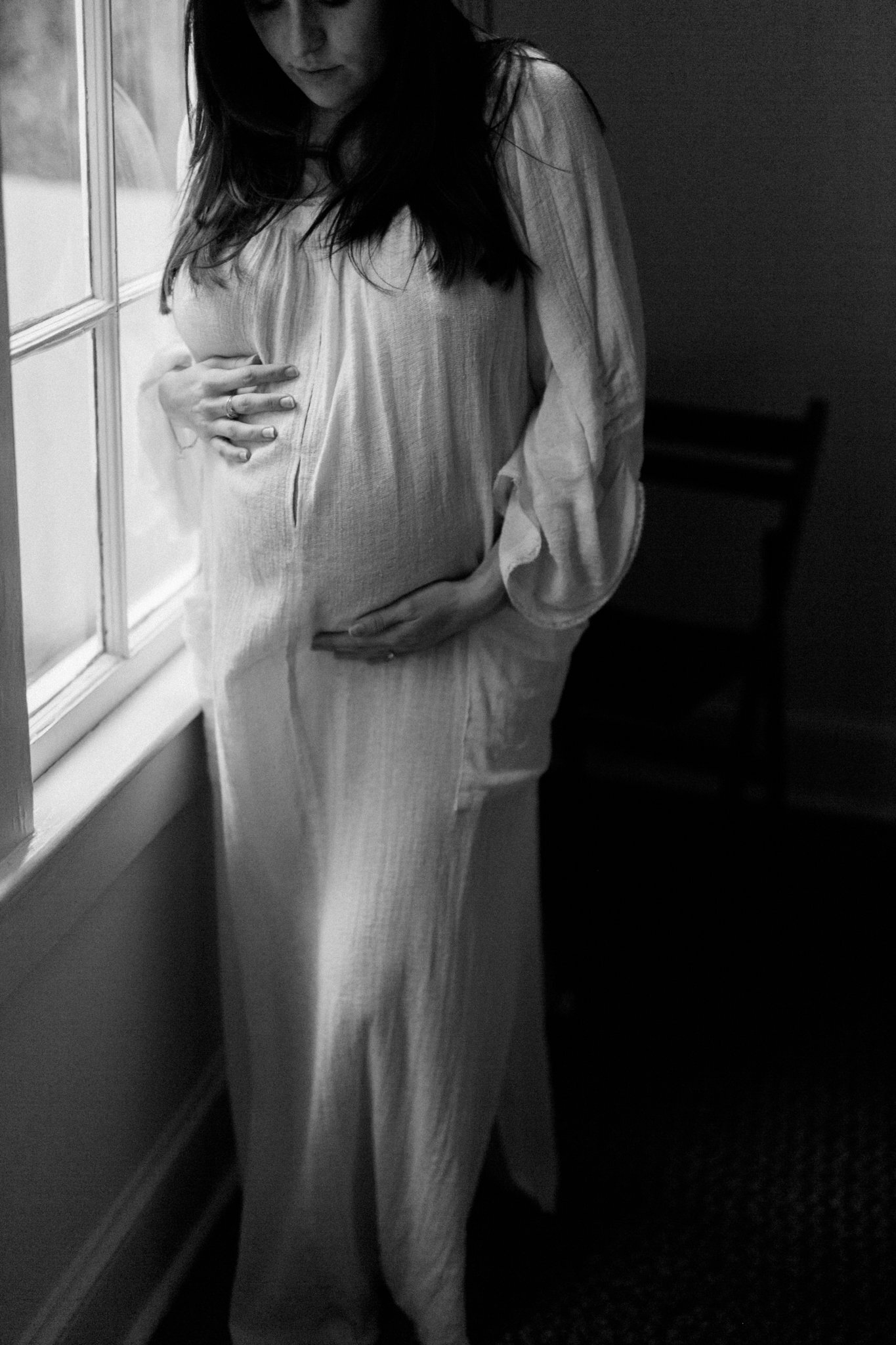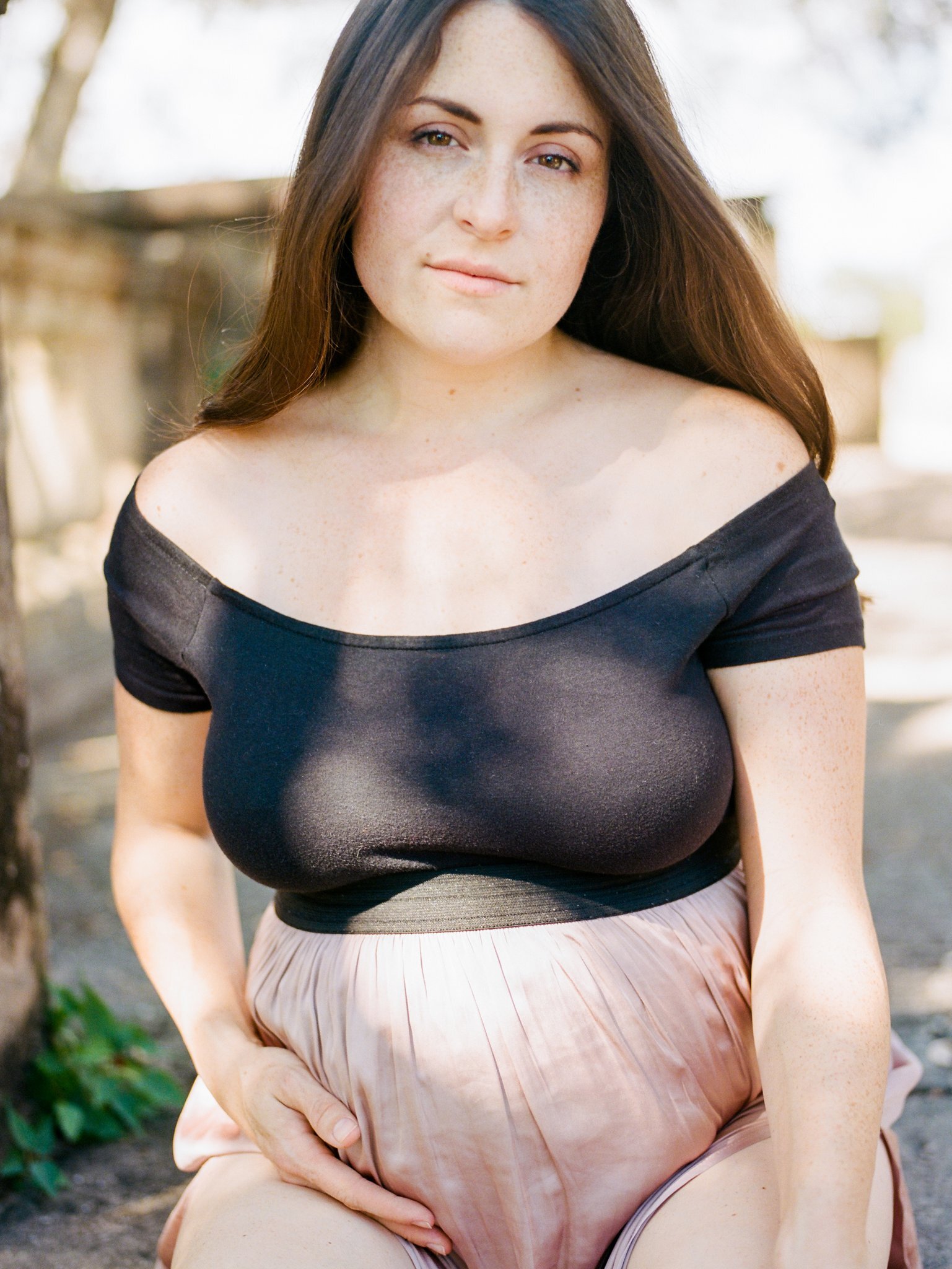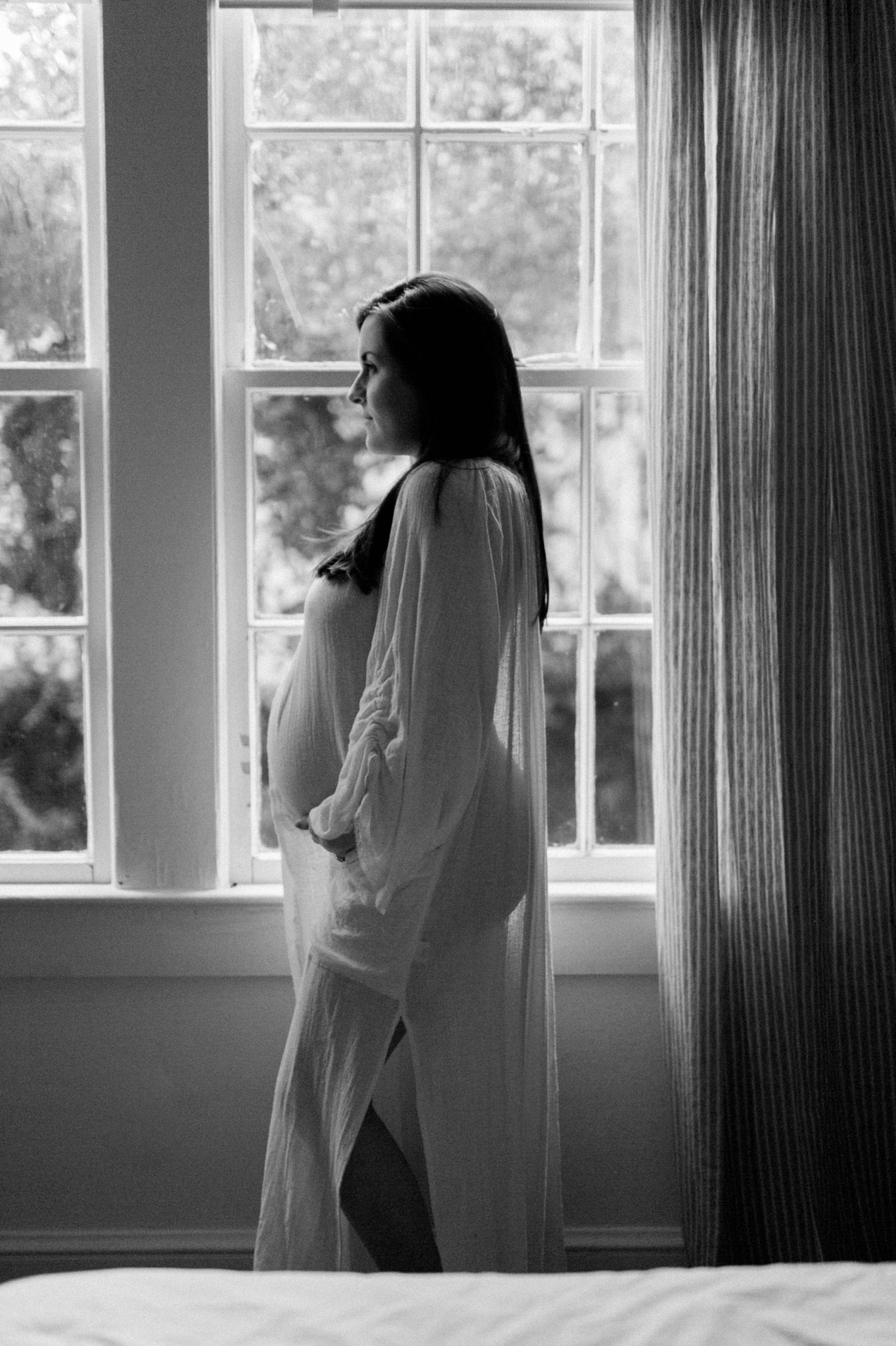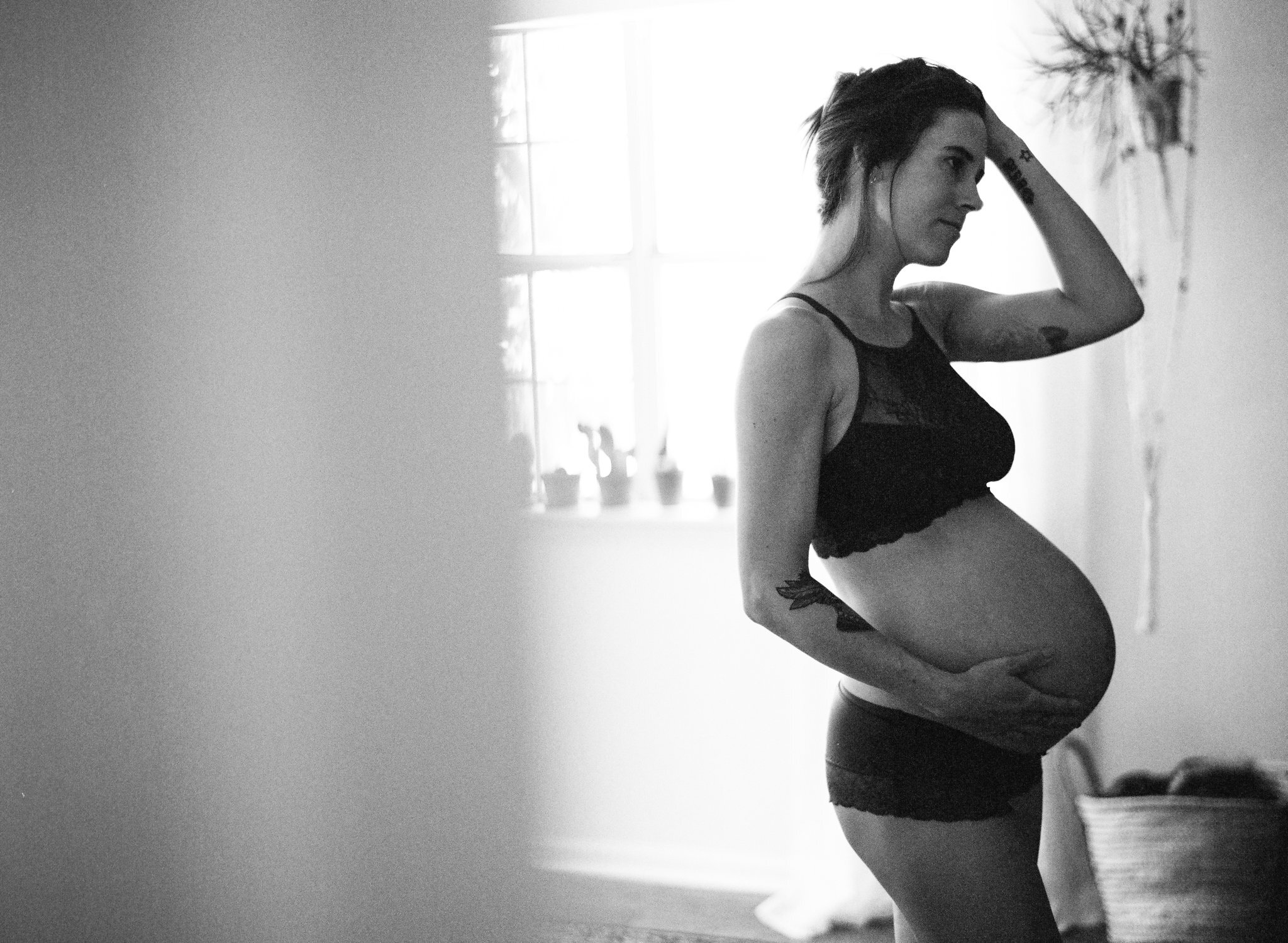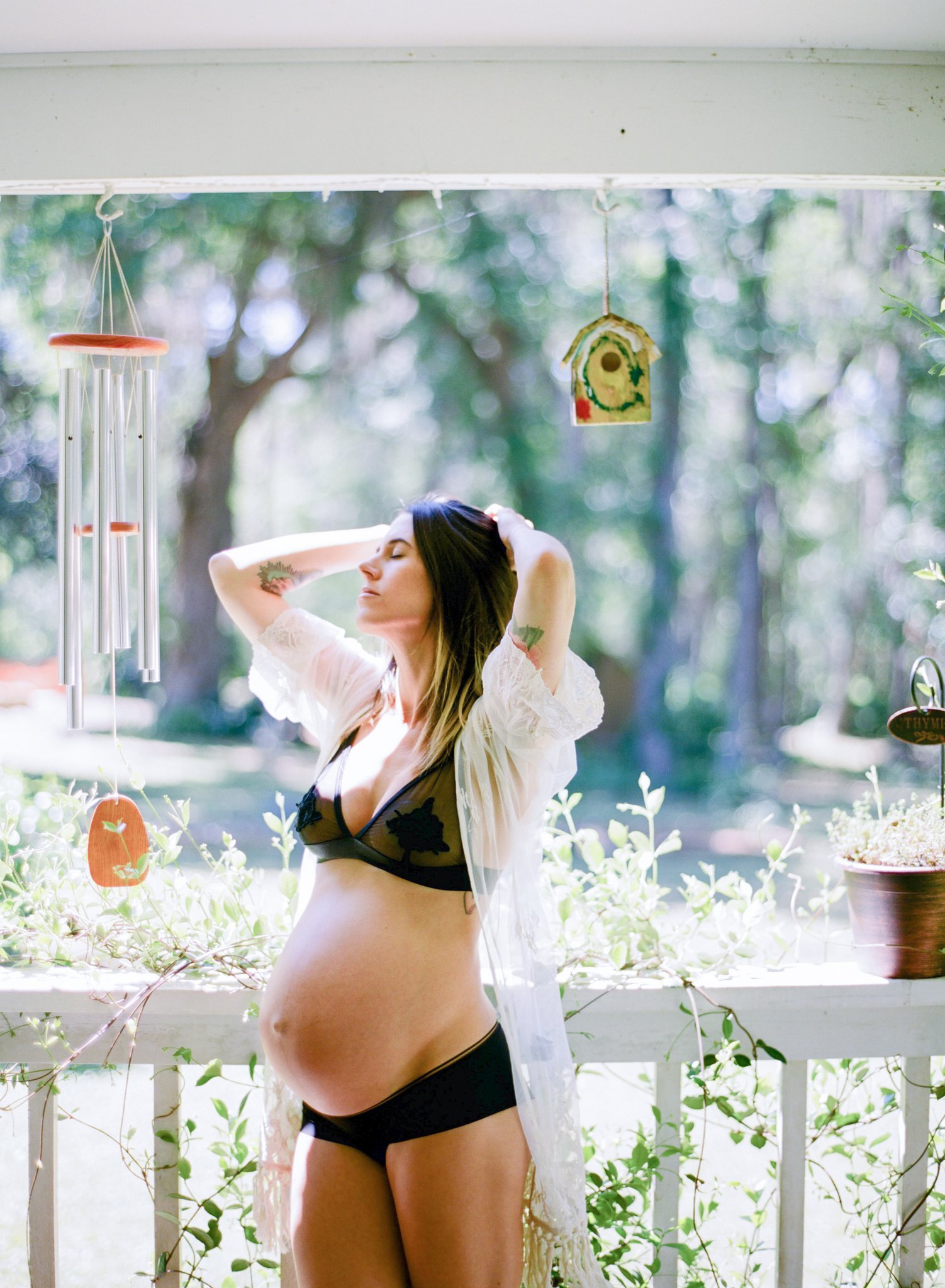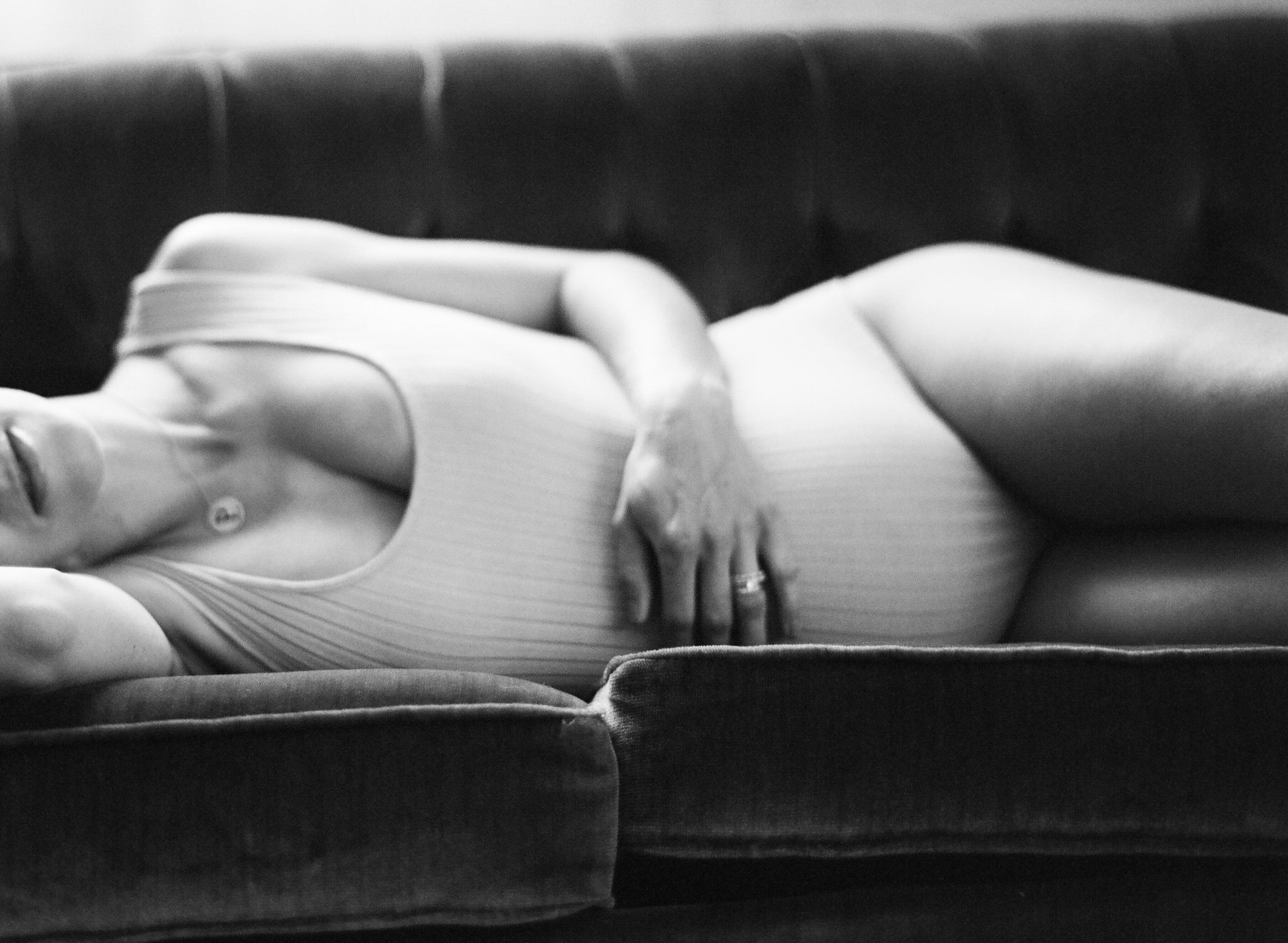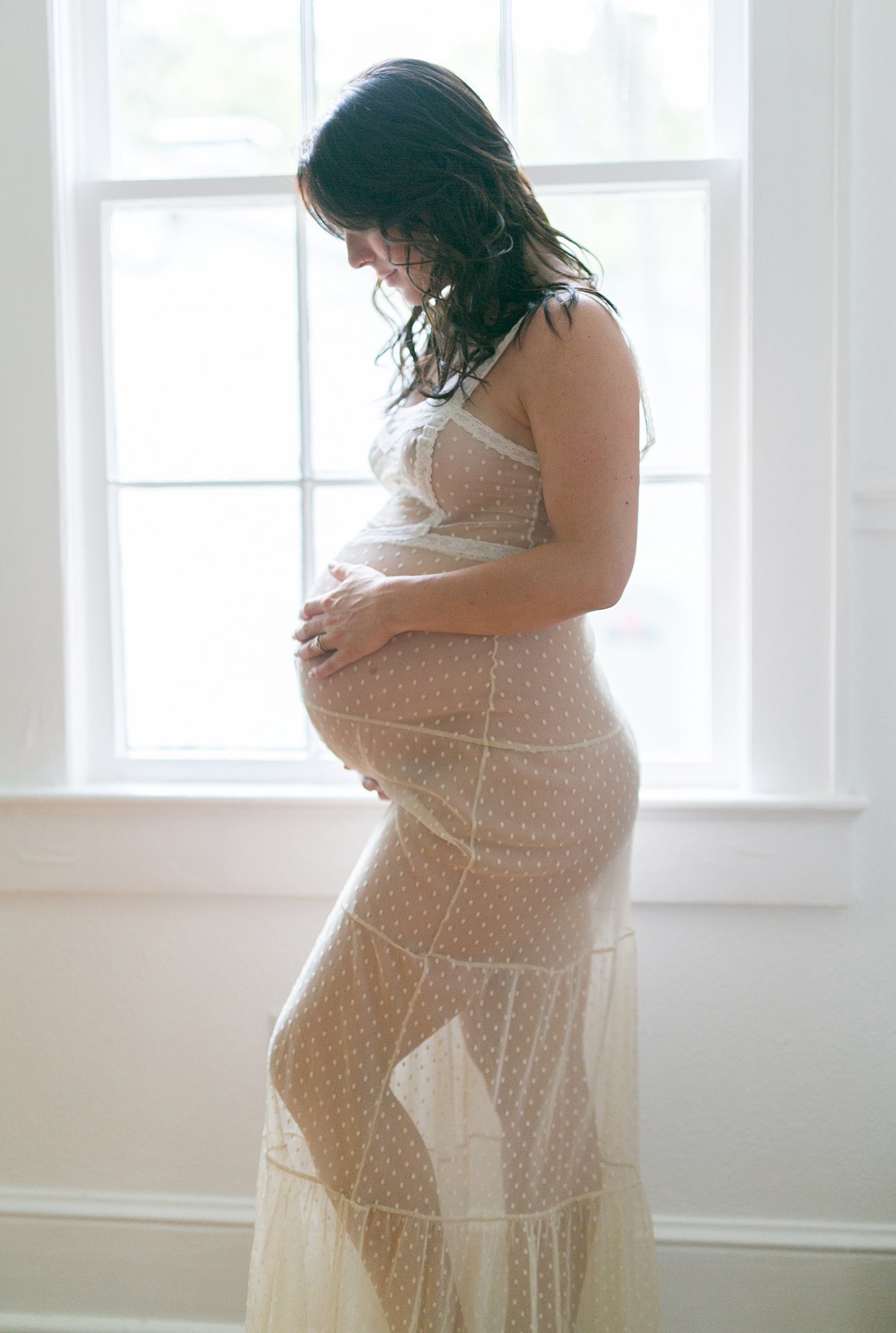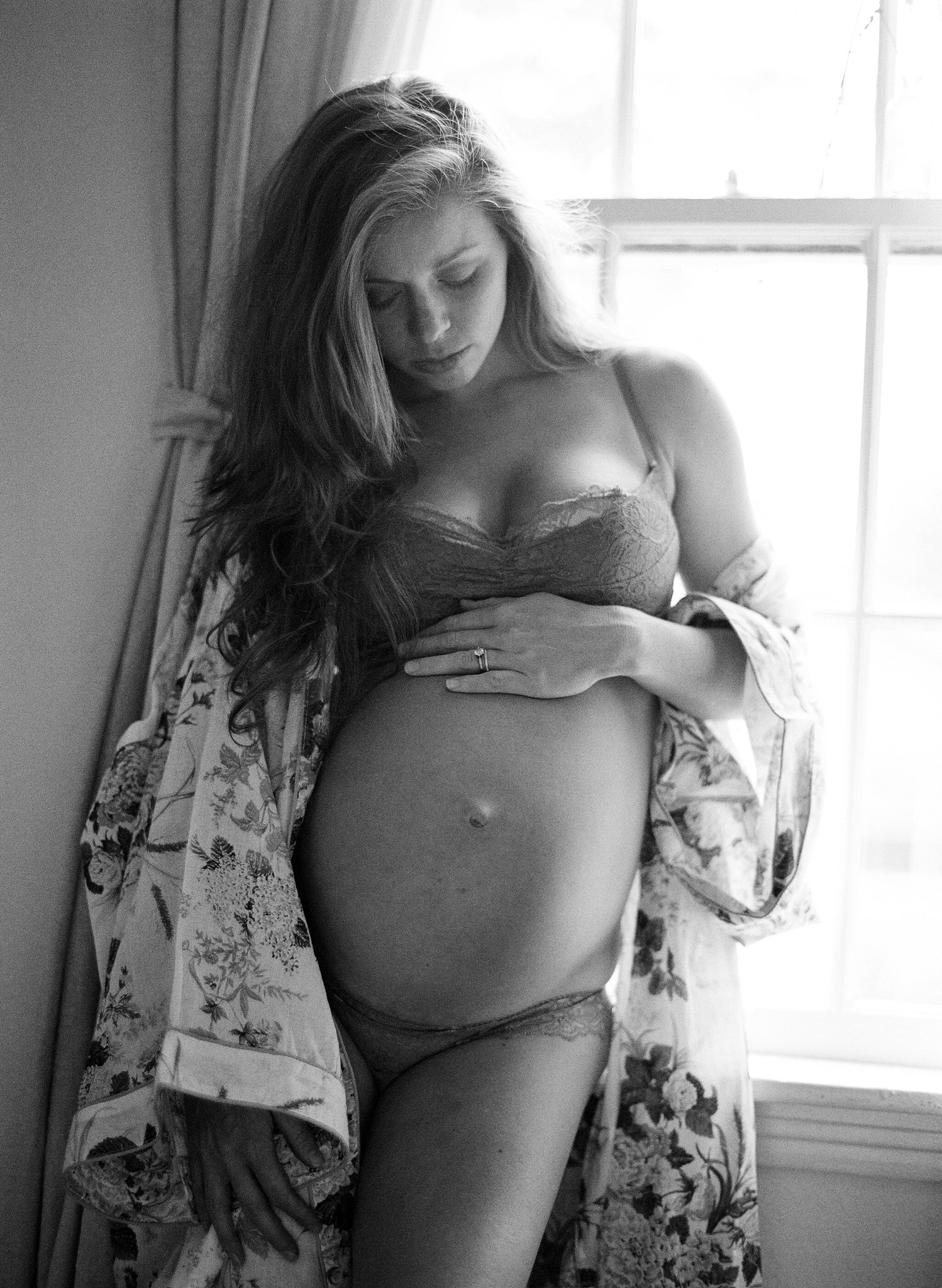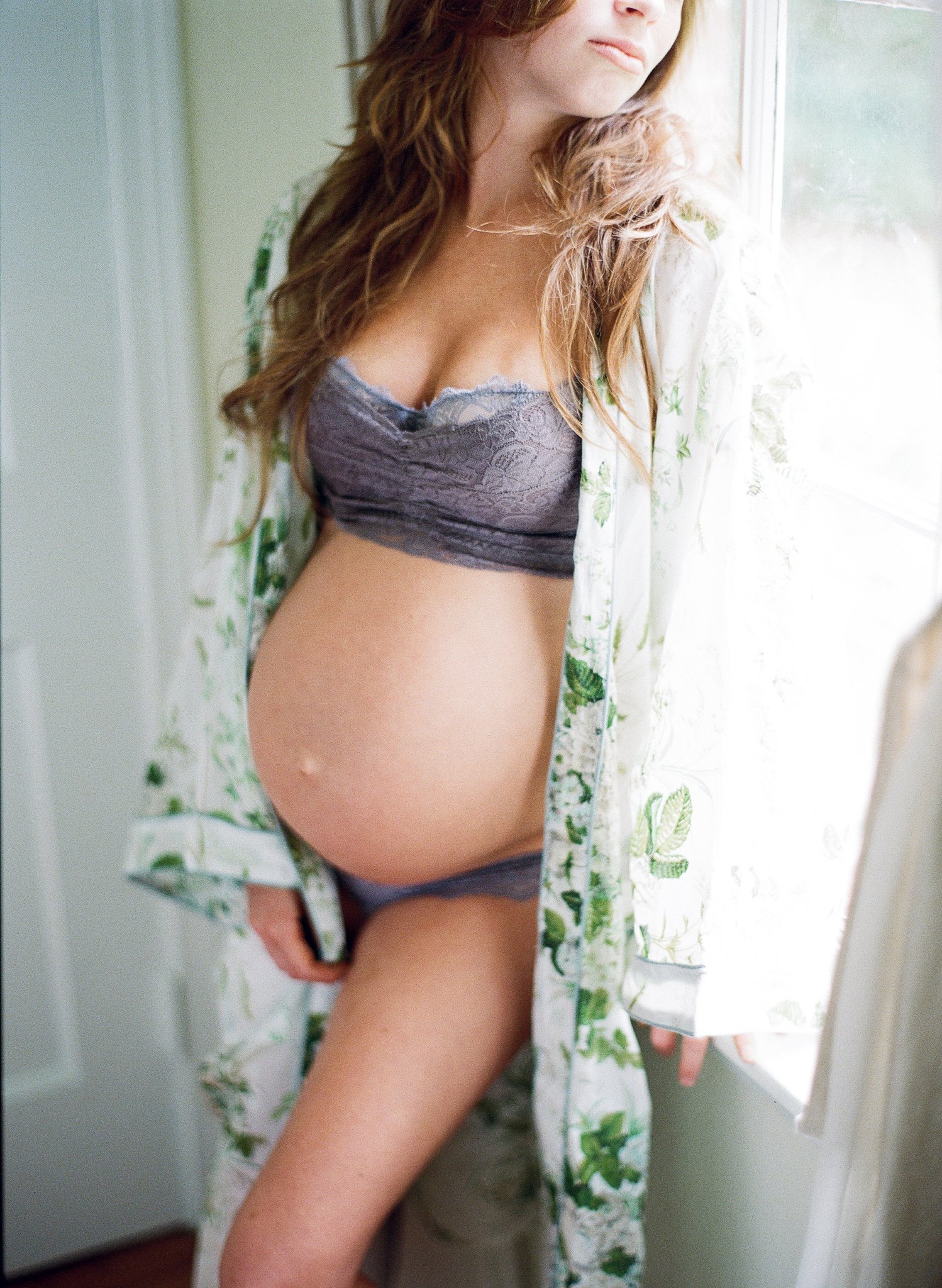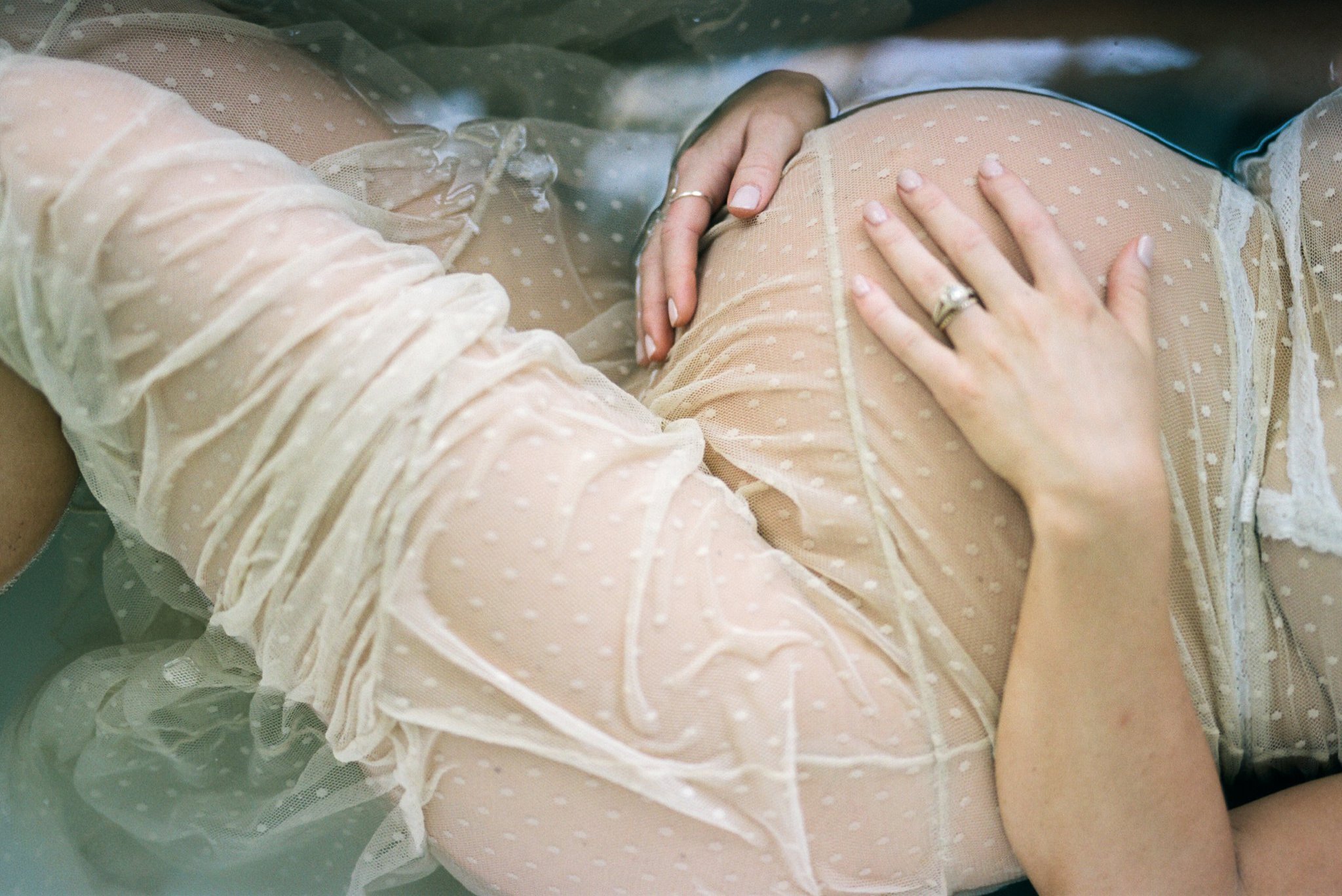I'm a pessimist.
It's plagued me my entire life.
I've always thought, "I'm just never going to look at the world in a positive light. I'm always going to be negative and assume the worst."
I'm sure it's contributed to my (at times) crippling anxiety and (at times) depression.
I've been listening to podcasts about the studies on optimism and pessimism and it's been nothing short of eye-opening and inspiring.
They are learning that while it can be an inherited outlook, you can actually train yourself to be more optimistic.
The Happiness Lab has an interview with psychologist Marty Seligman (a self-proclaimed pessimist) on his studies on what makes people happy. He's quite literally changed his thinking to be optimistic.
Why am I writing this? I'm writing this because I know I'm not the only one who suffers from a debilitating mindset that affects everyone around you, including your family. I know that I'm not the only one who wishes that everything hard that happens isn't "the end of the world" or "worst thing ever".
I know I'm not the only one who has cried actual tears over the way their brain works, but hasn't wanted to know the actual answer of if it can be fixed because what if the answer is, "This is just who you are"?
I'm finding that it doesn't have to be. I can nurture the things that are good in my life and the strengths that I posses, instead of nurturing what brings me pain.
The first photo of me pregnant shows what motherhood has felt like for the most part.
The second photo is how I long to feel most days.
I'm going to nurture the good in my life so that I can be more of the woman in that second photograph. I deserve it.

